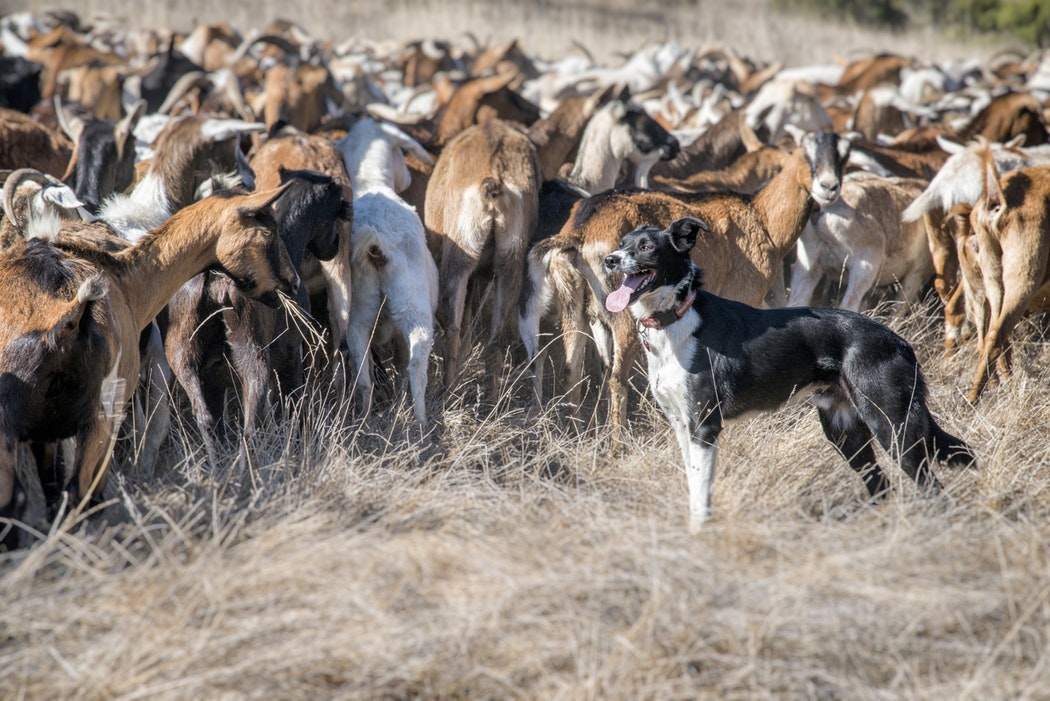Enter AgriFutures Australia with Emerging Industries program research to map how temperament and ability shape great working dogs, improve dog welfare and provide value to livestock managers.
An ongoing University of Sydney survey, supported by the program, aims to measure and record behavioural and health attributes of Australian working dogs for the first time.
The project builds on a previous AgriFutures Australia project Valuable behavioural phenotypes in Australian farm dogs completed in 2015, funded to support and increase the contribution working dogs as an industry make to Australian farmers. The latest project is funded by AgriFutures Australia and the Working Kelpie Council of Australia (WKCA).
Claire Wade, Chair of Computational Biology and Animal Genomics, University of Sydney says an estimated 83,000 dogs are working on Australian farms and their contribution to the rural economy is significant but poorly understood.
“We are looking to improve the selection process of livestock working dogs to better suit the needs of the farmer and working dog breeding community,” Professor Wade said.
“Behavioural attributes have considerable impact on the success of young dogs in the training program, the length of the dog’s working life, and whether it is ultimately chosen as a breeding animal.
“Similarly, health considerations have profound economic impact on the individual dog’s working life.”
It will determine how dogs (whether registered studbook animals or not) reflect characteristics of parents, and traits such as barking will be mapped so breeders and farmers can select dogs to suit their needs.
“What suits one person may not suit another and if a dog is required for loading trucks that will be different to a dog needed to muster a large paddock alone while the farmer waits at the gate,” Professor Wade said.









